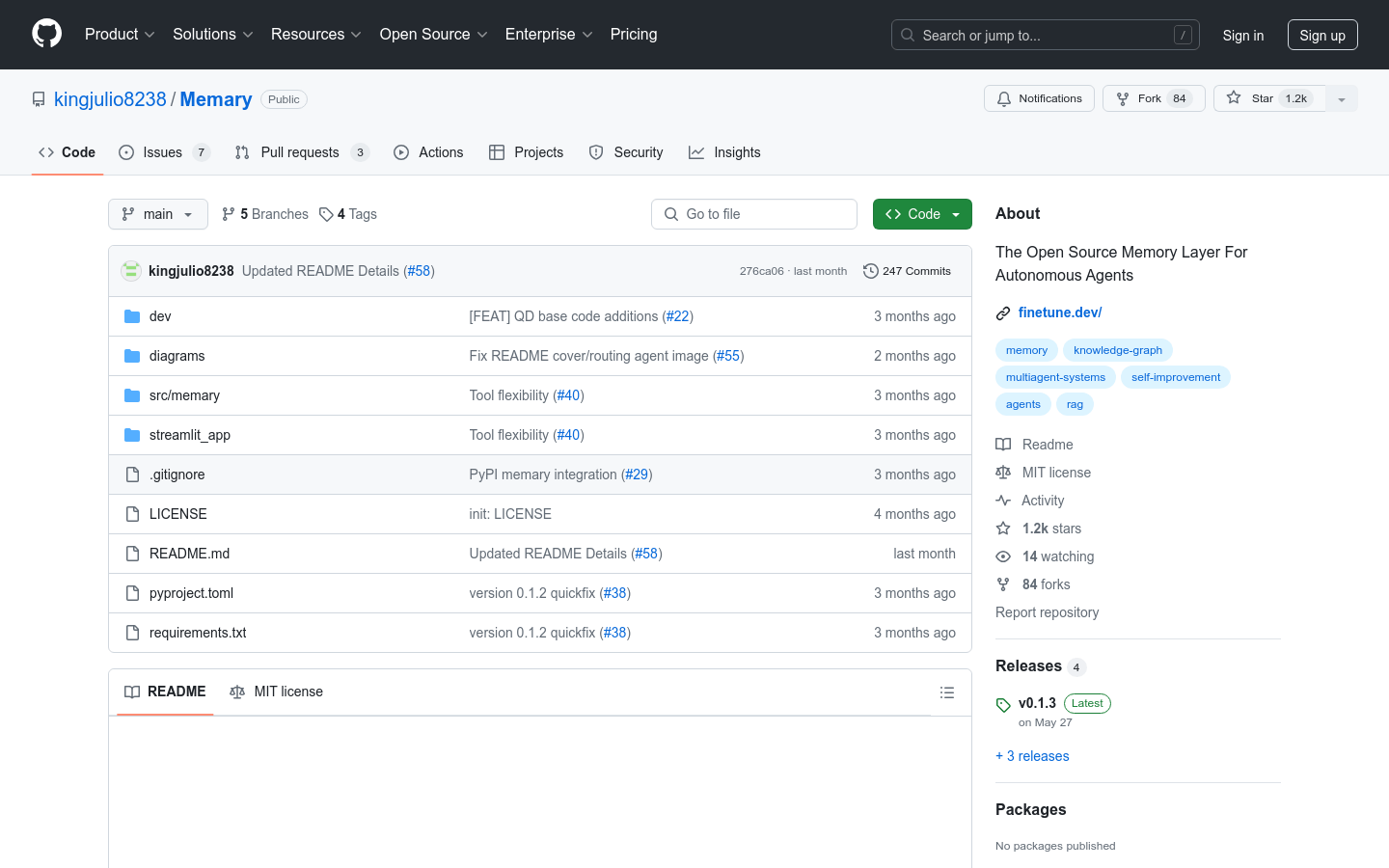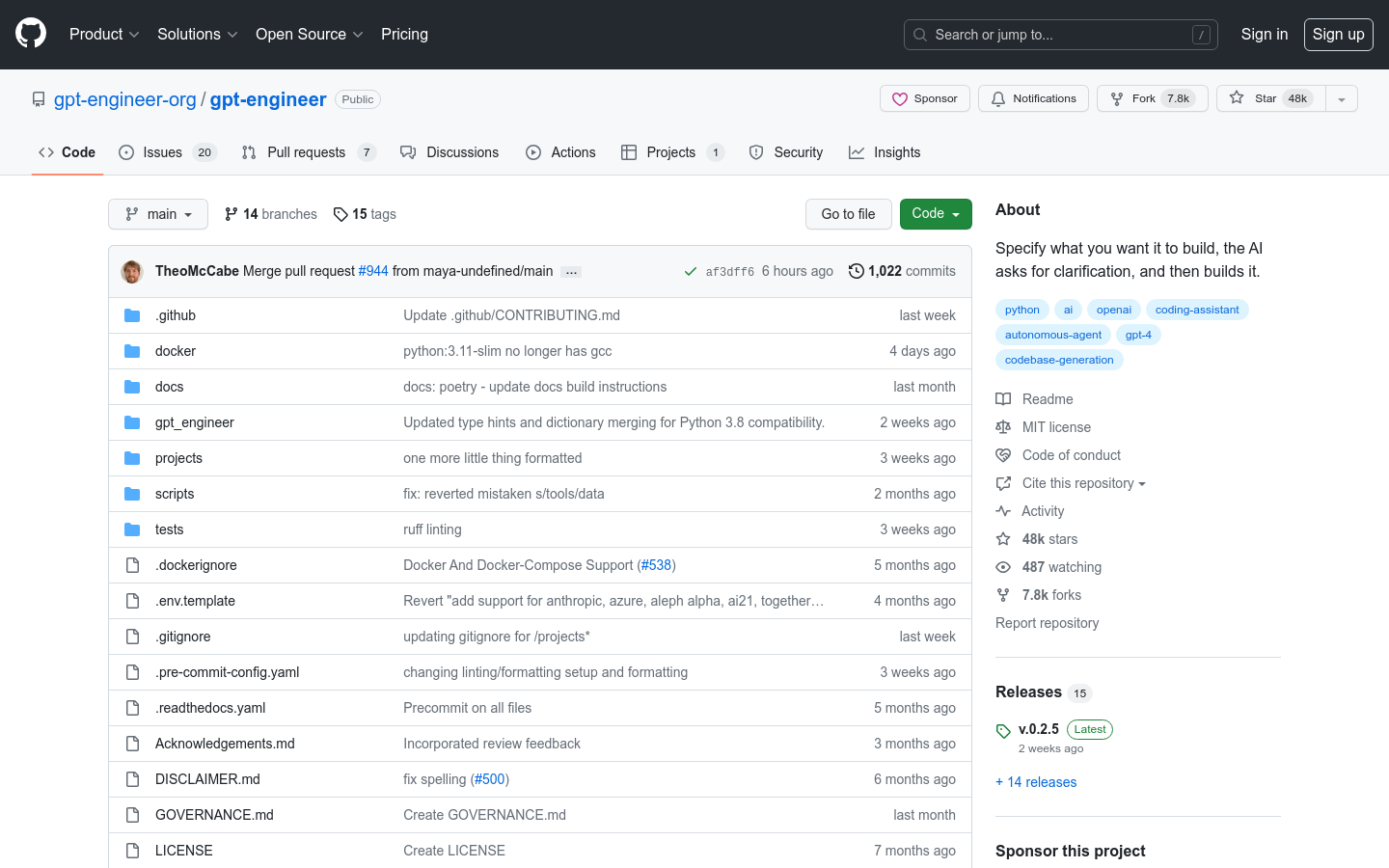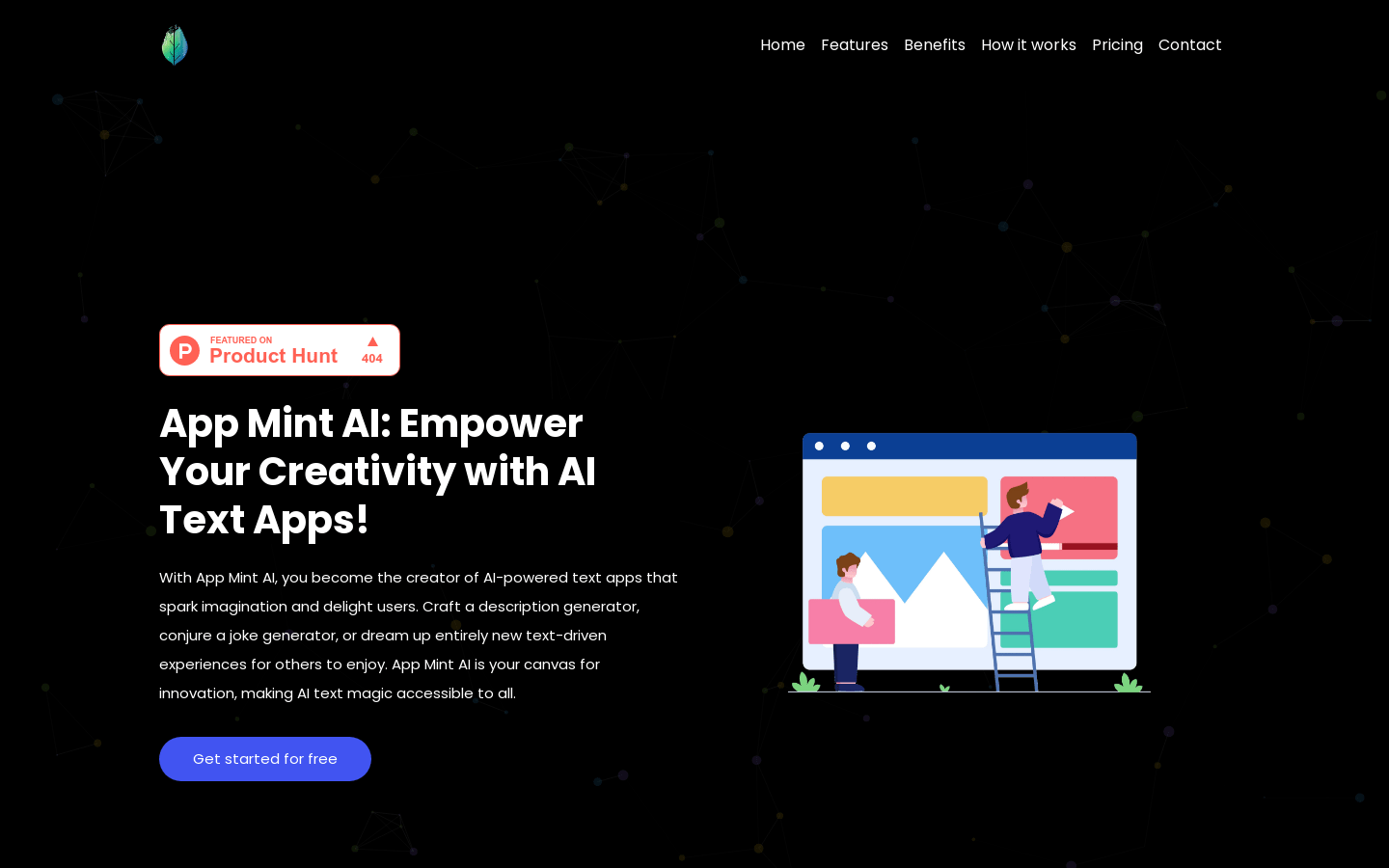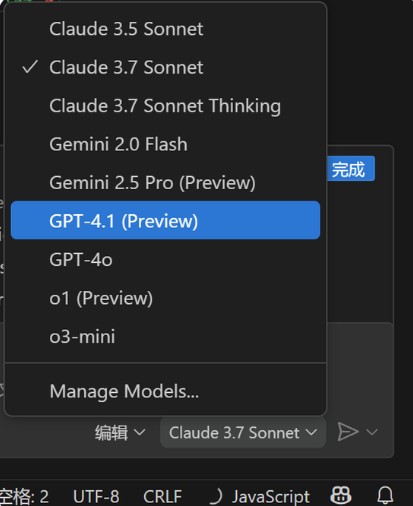
What is Memary?
Memary is an open-source memory layer tailored for autonomous intelligent agents. It enhances their reasoning and learning capabilities by mimicking human memory processes. Memary uses Neo4j graph database to store knowledge and integrates Llama Index and Perplexity models to improve query abilities on the knowledge graph.
Key Features:
Auto-Generated Memory: Automatically updates memories based on agent interactions.
Memory Module: Tracks user preferences and displays them in a dashboard for analysis.
System Improvement: Mimics how human memory evolves over time through learning.
Backtrack Memory: Keeps all chat logs for reviewing past activities of the intelligent agent.
Knowledge Graph: Uses Neo4j to store and manage knowledge efficiently.
Memory Dashboard: Provides visual interface for accessing, analyzing, and backtracking memories.
Customizable Tools: Allows developers to add or remove tools used by the intelligent agent.
Target Audience:
Developers and researchers in AI and machine learning who aim to build intelligent agents with advanced reasoning skills.
Professionals interested in simulating human memory processes to enhance the performance of intelligent agents.
Usage Scenarios:
Develop chatbots with long-term memory capabilities.
Integrate into existing systems for personalized services.
Use in research projects exploring memory and learning mechanisms in AI.
Getting Started:
1. Install Memary using pip, ensuring your Python version meets the requirements.
2. Create and activate a virtual environment with the specified Python version.
3. Install necessary Python libraries according to your project needs.
4. Configure environment variables in the .env file for API keys and database connections.
5. Initialize Memary with provided code examples to set up your agent.
6. Add custom tools as needed for your agent.
7. Utilize Memary’s features by interacting with the agent and leveraging its memory and query functionalities.







